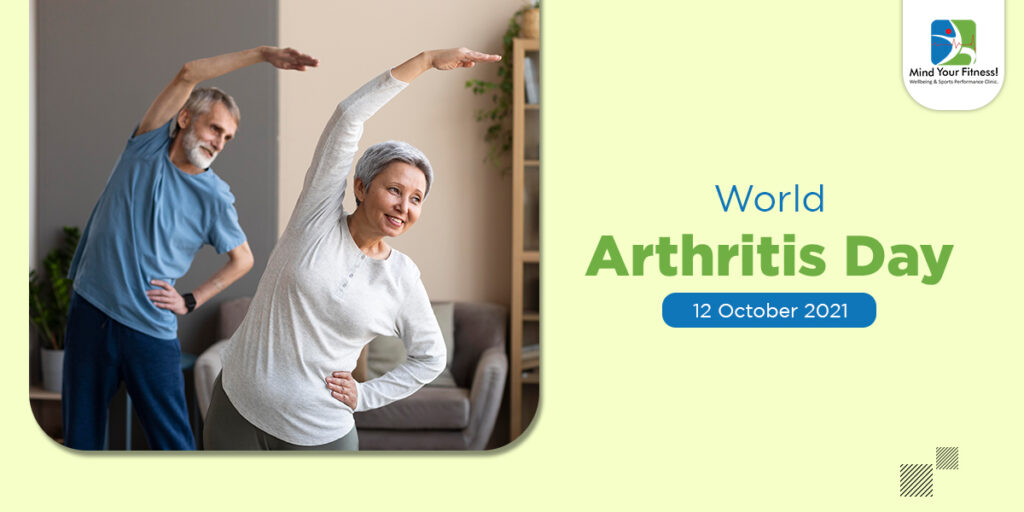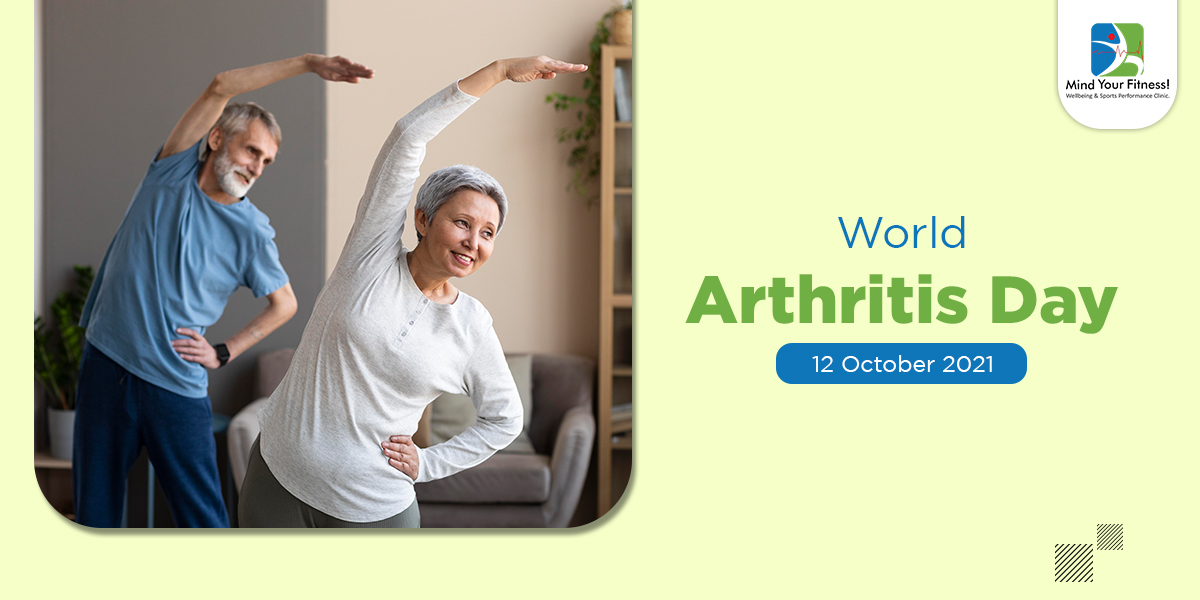
Knee osteoarthritis is degeneration of the knee’s cartilage—the flexible, slippery material that normally protects bones from joint friction and impact. The condition also involves changes to the bone underneath the cartilage and can affect nearby soft tissues.
What causes damage?
- Excessive stress( obesity, faulty mechanics while walking/running, excessive exercise, ignoring existing injuries) are associated with early cartilage damage.
- A sedentary lifestyle or not moving enough is the most common reason. Most people think that they need to load less as they age.
Repair:
If you load the joint and the muscles surrounding it and thereby the cartilage appropriately, it will optimise nutrient delivery to the damaged tissue, promote healing and prevent further degeneration.
Joints are avascular which means they don’t have much blood supply. Muscles heal fast as they have ample blood supply which carries nutrients for healing. Joints/cartilage receive their nutrients from the synovial fluid which is present within them. The displacement of water in and out of cartilage during weight bearing exercises assists in increasing the rate at which the chondrocytes ( cells of the cartilage) receive their nutrients. Hence progressive loading of the cartilage is important for repair.
Before starting an exercise programme, remember to consult an expert if you have medical issues or have had Covid-19 infection in the past.
Exercise:
Some weight bearing exercises that help strengthen the lower body musculature surrounding the knee are:
- Side-lying leg raises
- Clamshells
- Modified squats
- Isolated VMO (vastus medialis obliquus) muscle strengthening
- Lunges
- Step ups
Stretching the hamstrings, quadriceps and calf muscles will help in increasing the range of motion of the knee joint.
Remember:
Correct form and intensity is the most essential thing while loading. Prior ‘Functional Assessment’ with a qualified physiotherapist before starting exercises is a must, specially if the joint damage has already begun.
~ Authored by Dr. Anuja Mhatre, Consultant Physiotherapist, Mind Your Fitness!





